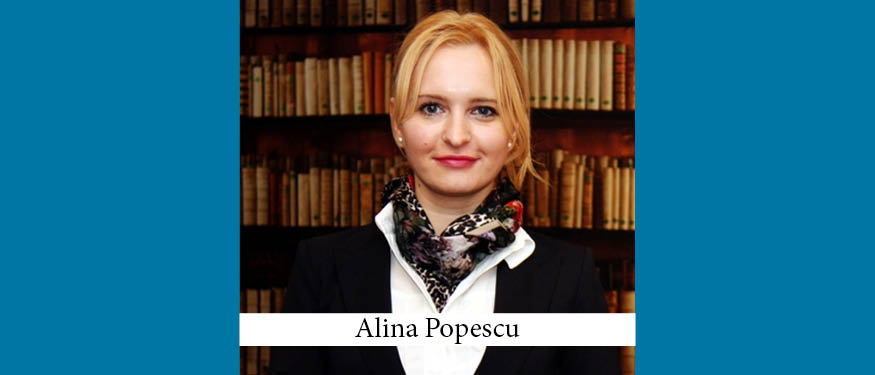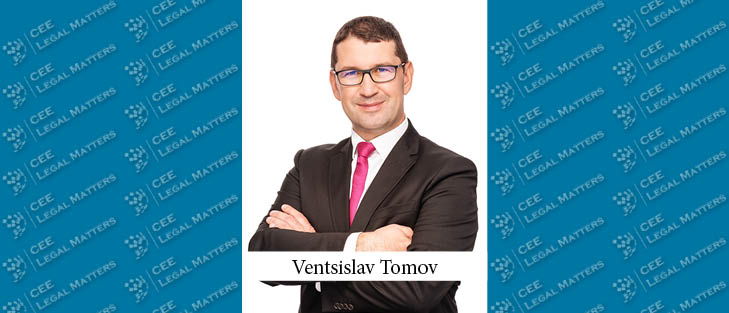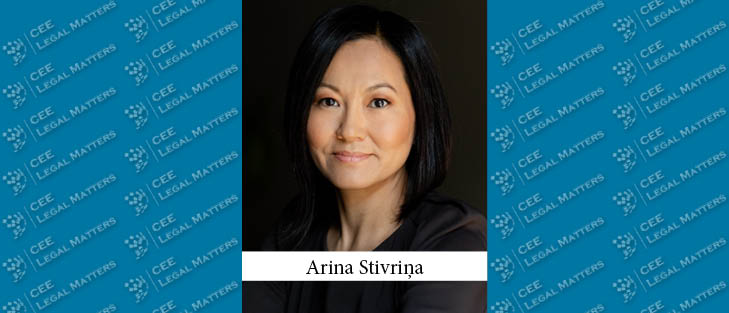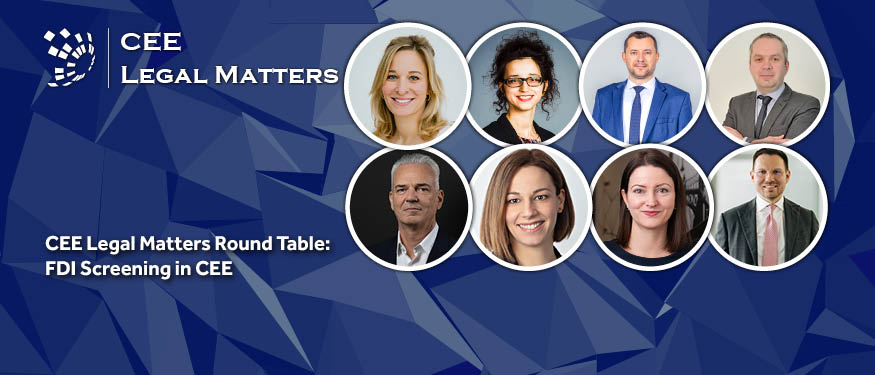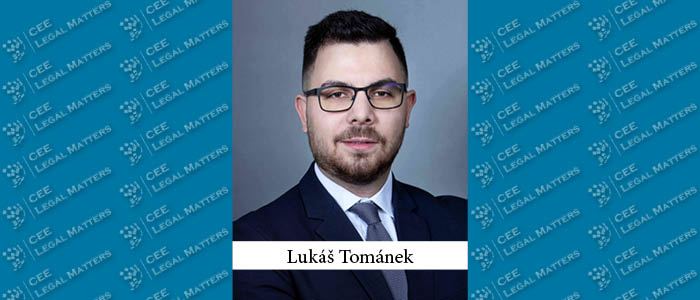The overriding theme at the moment in Romania, according to Alina Popescu, the Co-Managing Partner of Maravela & Asociatii, is the fall-out from the government’s successful and ongoing efforts to combat Romania’s reputation for corruption.
"The big component for law firms," she said, "is the White Collar Crime cases popping up on an almost daily basis." Popescu reports that this consequence of the process initiated a few years ago to root out corruption has resulted in a boom for business law firms, many of which have formed dedicated practice groups as a result. In the past, Popescu reports, such matters went primarily to the boutique criminal law firms, but with “the flourishing activities of the prosecutors and tax authorities,” there’s enough work for the larger firms to take notice. In addition, the firms’ ability to form dedicated and multi-disciplinary teams — consisting of criminal law specialists, tax specialists, and lawyers with expertise in other critical areas — give them a real advantage. As a consequence, Popescu says, there’s real demand for quality criminal lawyers, and even a trend of hiring former prosecutors or policemen with degrees in law.
In addition, according to Popescu, business law firms which once had a substantial percentage of their work coming from the state as a result of personal connections are finding those sources of work drying up. The process of obtaining work from the government has, in recent years, become substantially "fairer," she reports, with real procedures and tenders being conducted, instead of the closed door agreements that typified the process in years gone by. Indeed, she reports, some firms have disappeared altogether in recent years as a result, either as a result of diminished business or from damage caused by public reports of senior partners' own malfeasance. "It may not last,” Popescu says of the more transparent moment, “but right now people are more afraid to give away work illegally."
Indeed, she says with a sigh, some procurement teams within public authorities are even hesitant to give out work, worried about possible accusations of corruption, and this translates either into excessively beaureaucratic and lengthy procedures, which considerably burden and slow down the process, or into work not being externalised at all. "Still, the competition is now fairer for the time being."
Popescu turns to new Public Procurement legislation enacted last month which, she says, is aimed at simplifying procedures and eliminating unnecessary bureaucracy. Authorities are not used to implementing the new mechanisms, she says, so they’re reluctant to employ the new procedures, but over time she expects the process to smooth out. In the interim, she says, there is a period of questions and gray areas, as there always is with new legislation, creating work for law firms dealing with clients facing potential ambiguities.
As for the legal market, Popescu refers to the "process of segmentation of law firms." She refers to a trend of spin-offs — her own firm spun-off from Musat in 2013 — and she refers to “increasing rumors and speculation about whether the big law firm model is feasible in light of pressure on fees and the costs of maintaining such large organizations.
Finally, Popescu spoke about the overall quality of lawyering available in Romania. "There’s fierce competition in the market now," she says, "causing real pressure to increase the quality of service." She also pointed to "the challenges of this jurisdiction," referring, among other things, to "legislation that is always changing or ambiguous, and court practice that is often contradictory." She smiles, noting that "whatever doesn’t kill you makes you stronger," and says that firms are being pushed to get "better and better to survive." Finally, she says, the effect of the many international law firms in Romania over the years — though some have left in recent years — has been to increase the overall quality of lawyering in the country, both from those who have worked within those firms and those who have interacted with them.

